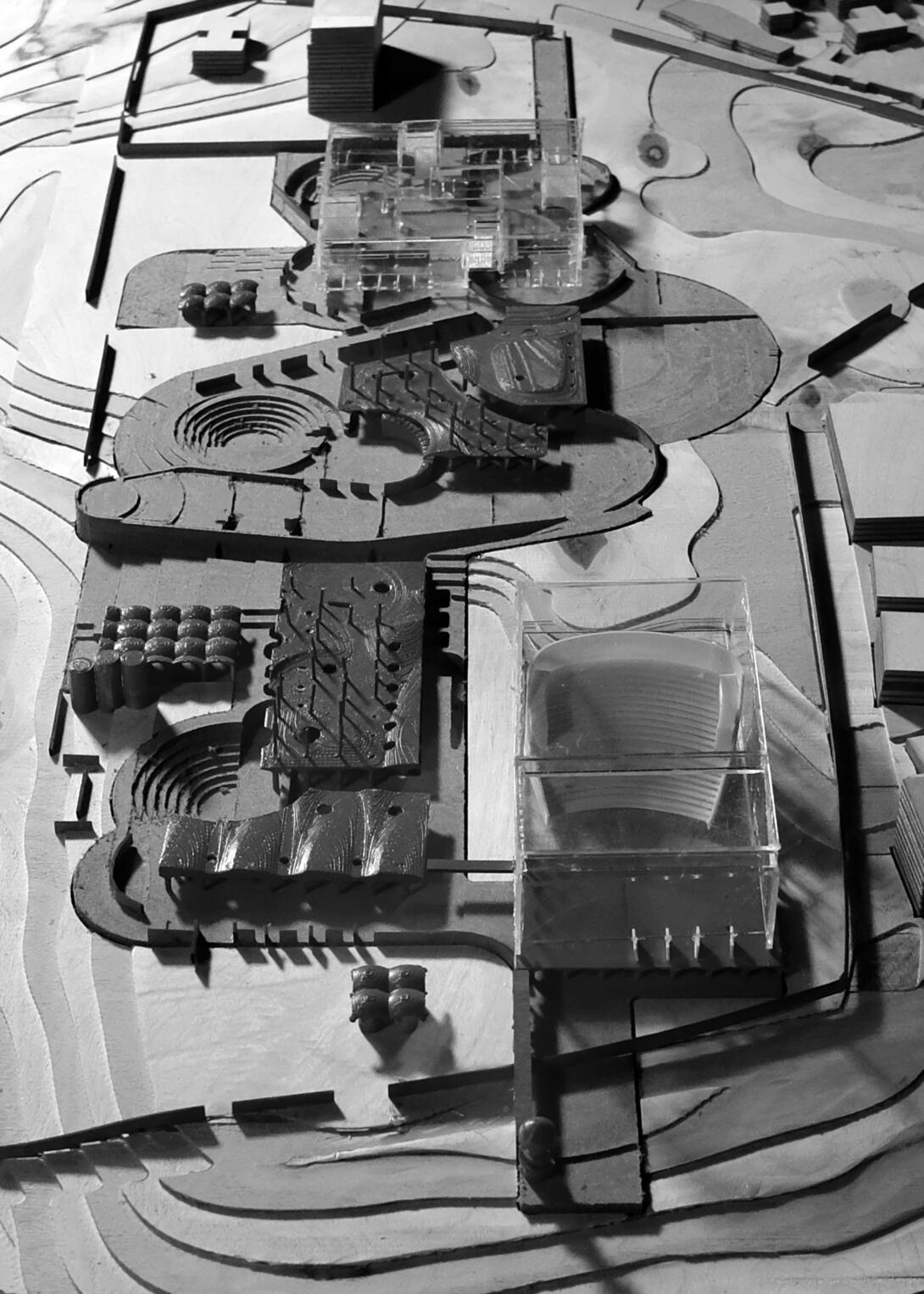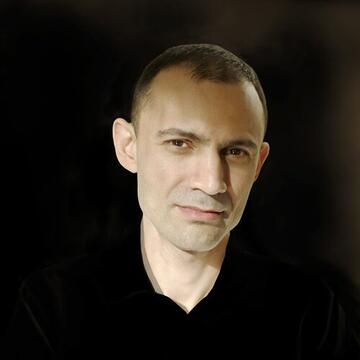PJ Dick Innovation Fund Project Grant: Contestations of Modernity

Contestations of Modernity: Origins, Obsolescence and Liberatory futures for a City Museum
Sarosh Anklesaria, Assistant Teaching Professor, Carnegie Mellon Architecture
In collaboration with: Lily Chi, Associate Professor, Cornell University
This proposal is for a book that offers readings in Design Ethics on questions of broad contemporary import: that of participatory publics in an era of neoliberal development and hardline politics, of design and its spatial agency, of the legacies and futures of modernism in the global south, and of the care and repair of buildings and cities in an age of climate crises. As a prompt for this inquiry, it uses a relatively obscure project by Le Corbusier and B. V. Doshi, the Sanskar Kendra/City Museum, at multiple scales, times and disciplinary lenses. From the ambitions of its inception to the discourses for its prospective demise, from construction details to publics imagined and excluded, architecture’s role in projects of city and nation building is mapped through historiography, design analysis, urban sociology, museum programming and heritage discourse. The readings aim at opening up imaginations for the building far from hagiographic discourses that often underpin debates of modern buildings and their vulnerable futures. More broadly, the editors seek to question the normalization of architecture-as-spectacle in design culture and media. The story of Sanskar Kendra offers concrete illustration of architectural agency as a constructed enterprise with social, political and ethical reverberations. The book also uses work from design studios at Cornell and Carnegie Mellon universities as an invitation to consider alternative, liberatory futures – other ways of worldmaking. The collection would have broad international appeal to students and scholars in architecture, conservation, urban design, sociology and South Asian studies.
Image: The Extended Field unpublished studio project from “Obsolescence – Exploring Praxis, Material Cultures and Labor in South Asia.” Work from an Advanced Synthesis Option Studio by Sarosh Anklesaria at the School of Architecture, Carnegie Mellon University, Spring 2023. Credit: Shray Tripathi
About the Project Lead
Assistant Teaching Professor & M.Arch Track Chair
-
Project grants support projects that address the school’s three pedagogical challenges: climate change, social justice and artificial intelligence. The grants support the diverse work of Carnegie Mellon Architecture’s faculty in creative practice, professional practice, artistic practice, funded research, participatory design, design build, curation, scholarship, critical and digital humanities, and more. The intention of the PJ Dick Project Grants Program is to provide support for a variety of projects including faculty seed funds to start a project with the aim of getting external support, to continue work on a project that may not have the option for sponsored research, and to support organizing symposia and conferences at the school.
-
The Faculty Grants Program will award a total of $400,000 over four years and is open to all full time faculty at the school. The 2024 proposals were evaluated by a committee comprised of school head Omar Khan; associate heads Joshua Bard, Mary-Lou Arscott and Kai Gutschow; Erica Cochran Hameen, Director of Diversity, Equity and Inclusion; Theodossis Issaias, Special Faculty; Jenn Joy Wilson, Assistant Dean for Research Development and Sponsored Projects; and Aaron Martin, Associate Director, Institutional Partnerships, College of Fine Arts.
The Faculty Grants Program, established in 2023 by PJ Dick Trumbull Lindy Group, supports faculty research and teaching innovations that address the school’s three pedagogical challenges: climate change, social justice and artificial intelligence. The proposals were assessed on their impact in furthering a faculty member’s research and teaching, their contribution to interrogating the school’s challenges, and their viability to garner further research support, make an impact on the discipline and expand the pedagogy of the school.
